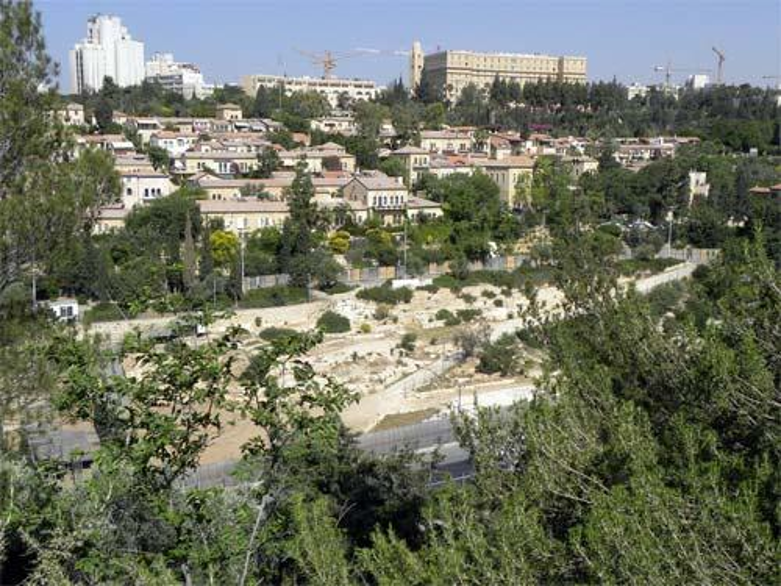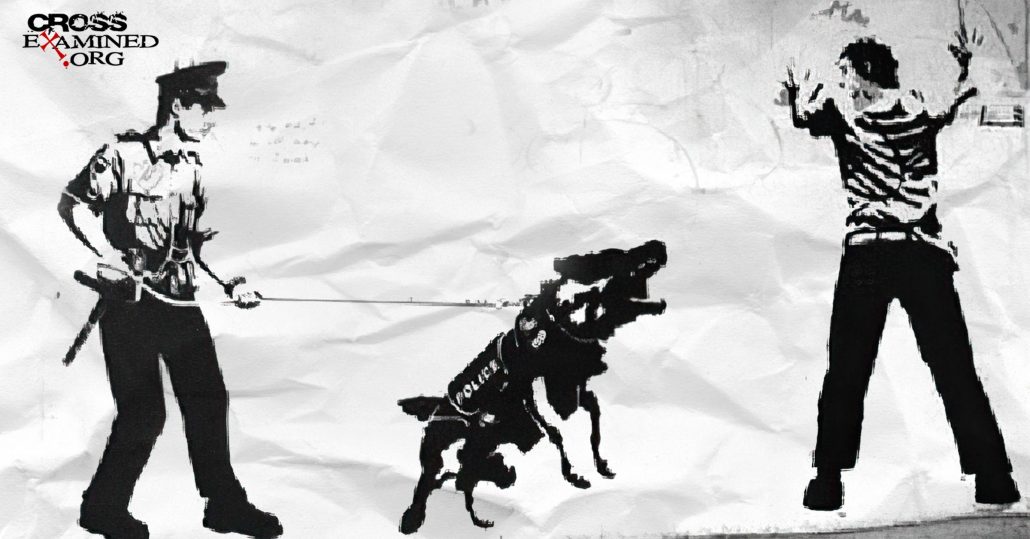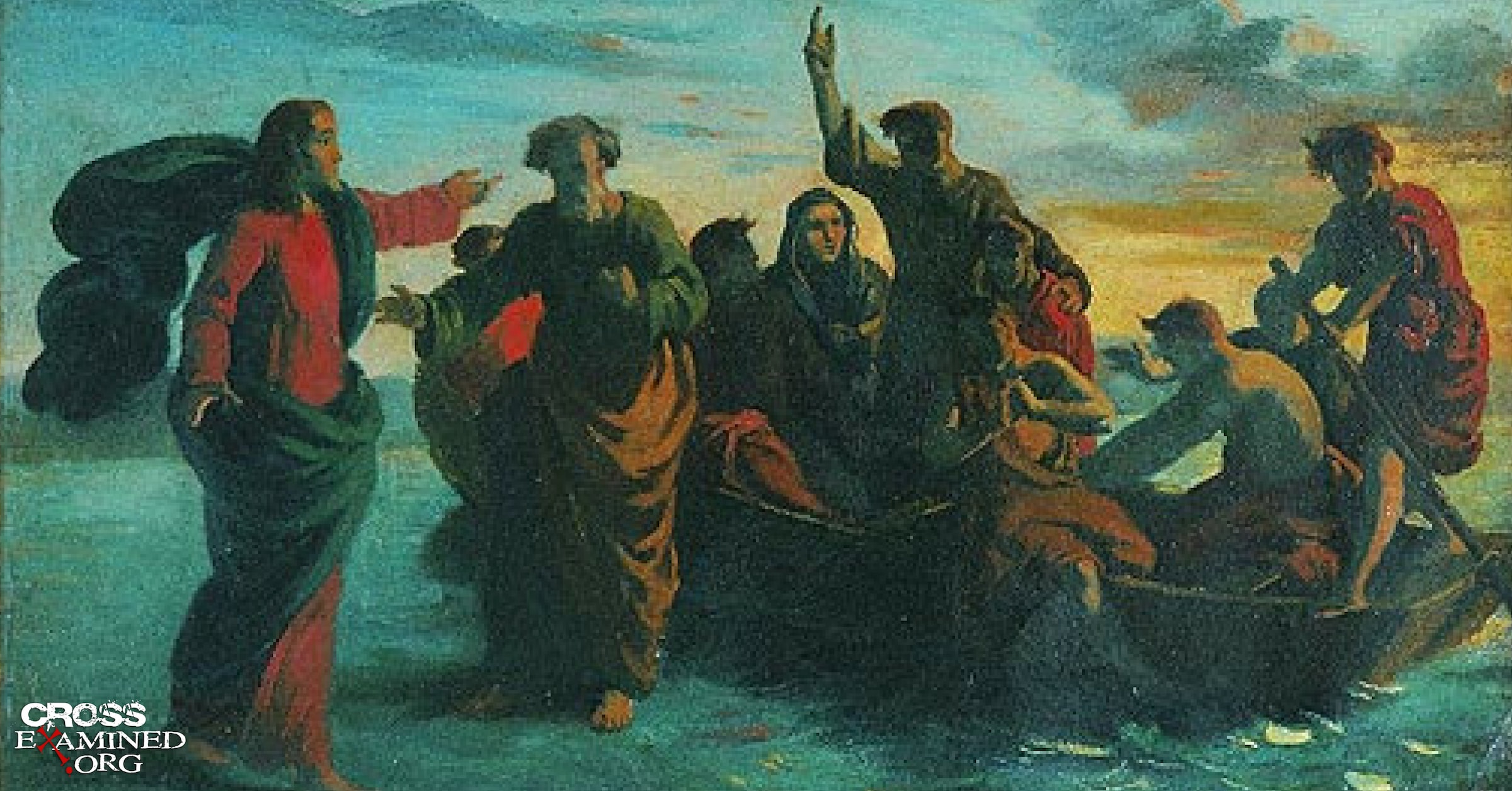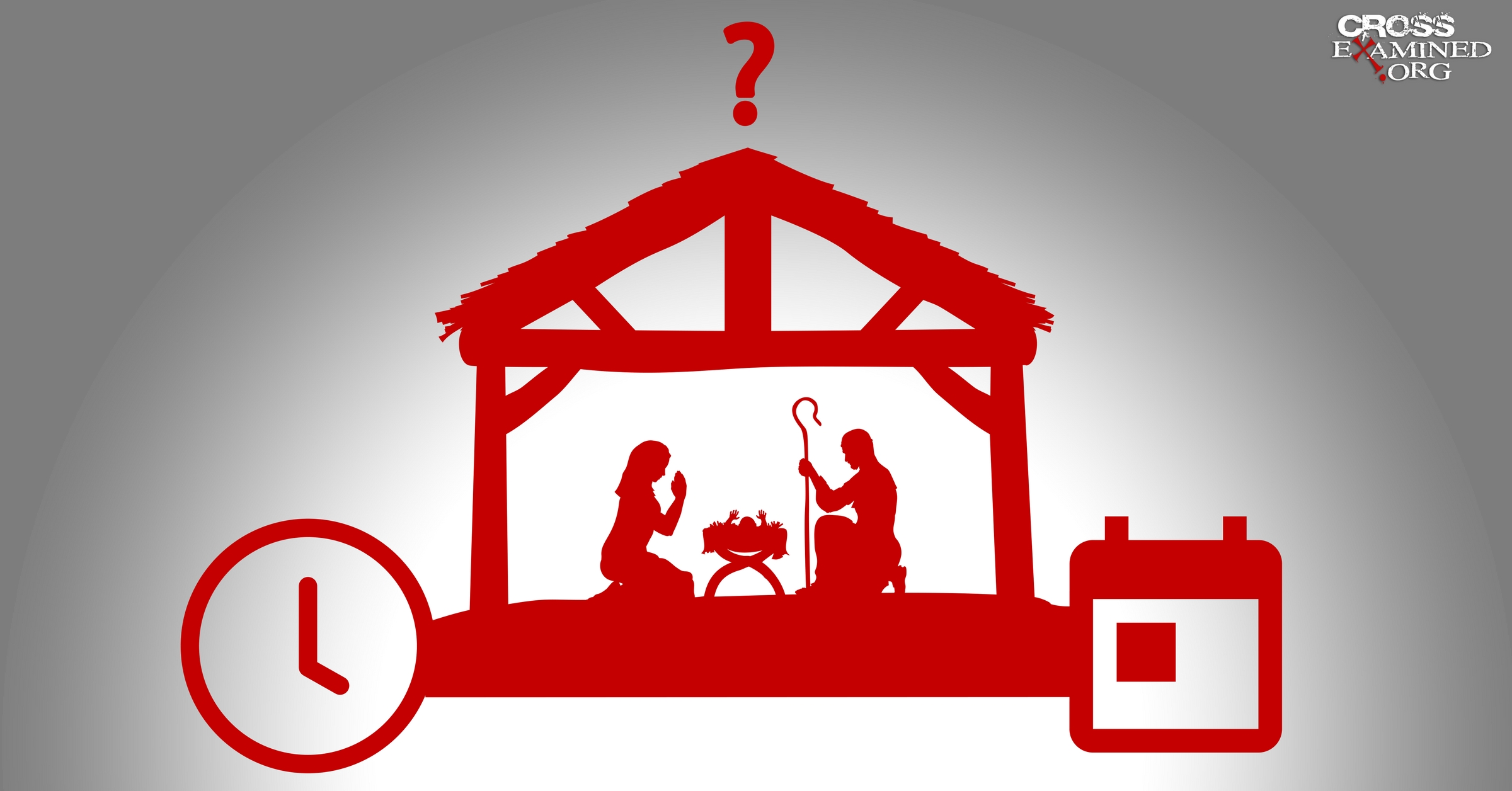The Death of Judas: A Hopeless Bible Contradiction?
Skeptics accuse Christians of not paying attention while they’re reading their Bible. If they didn’t rush through their daily devotional, they’d catch some obvious contradictions. One of the more famous of these contradictions is the two accounts of the death of Judas. Here’s Biblical scholar and critic Bart Ehrman:
“The two reports give different accounts of how Judas died. However mysterious it may be to say he fell headlong and burst open, at least that is not “hanging” oneself. And they are flat out contradictory on two other points: who purchased the field (the priests, as per Matthew, or Judas, as per Acts?) and why the field was called the field of blood (because it was purchased with blood money, as Matthew says, or because Judas bled all over it, as Acts says?”
Jesus, Interrupted p. 53
Ouch. Both of these accounts can’t be reconciled. Or can they?
Reading the Texts
Let’s read the passages for ourselves. Here’s Matthew’s account:
“Then when Judas, his betrayer, saw that Jesus was condemned, he changed his mind and brought back the thirty pieces of silver to the chief priests and the elders, saying, “I have sinned by betraying innocent blood.” They said, “What is that to us? See to it yourself.” And throwing down the pieces of silver into the temple, he departed, and he went and hanged himself.
But the chief priests, taking the pieces of silver, said, “It is not lawful to put them into the treasury since it is blood money.” So, they took counsel and bought with them the potter’s field as a burial place for strangers. Therefore, that field has been called the Field of Blood to this day.” –Matthew 27:3-8
And here’s Luke’s version:
“Now this man acquired a field with the reward of his wickedness and falling headlong he burst open in the middle, and all his bowels gushed out. And it became known to all the inhabitants of Jerusalem so that the field was called in their own language Akeldama, that is, Field of Blood.” — Acts 1:18-19
One Proposed Solution from A Scholar
Noted New Testament Scholar I. Howard Marshall suggests the following solution:
- Judas hanged himself (Matthew.), but the rope broke, and his body was ruptured by the fall (possibly after he was already dead and beginning to decompose).
- What the priests bought with Judas’ money (Matt.) could be regarded as his purchase by their agency. (Acts)
- The field bought by the priests (Matt.) was the one where Judas died. (Acts)
Now you might say that this scenario smacks of harmonization, but is it really all that implausible? Let’s think about it for a sec.
Dealing with Judas’ Death
Judging by the text, Matthew seems to focus on Judas’ suicide. Luke’s focus is on the final state of Judas’ body. According to Jewish laws and customs, the Jews would not have wanted to go near a dead body. (Numbers 19.11) This would be especially true when that dead body belonged to a traitor.
But how would someone who hanged himself have their guts burst out? This gruesome story doesn’t seem to make a lot of sense. Or does it? The Textbook of Forensic Medicine and Toxicology says:
“Between 3 and 7 days, ever-increasing pressure of the putrefying gases associated with colliquative changes in the soft tissues may lead to softening of the abnormal parietes resulting in bursting open the abdomen and thorax.”
P. 91
So, we actually do have some medical data that fits with what we read in Matthew and Luke. Someone eventually cutting Judas’ corpse down, or the rope giving out, would explain how his body would have burst on the ground. Therefore, Matthew and Luke aren’t contradictory; they’re better viewed as complimentary. Each account ties up a loose end of the other.
There are also cliffs that overlook the valley of Hinnom. Those cliffs could very well be the place where Judas hanged himself, and his dead body fell. Falling against the rocks, this could explain why he fell facedown.
But What About the Field Bought by The Priests?
Jewish law says that it was wrong for the priests to keep Judas’ blood money. (Numbers 35:31) Why then was it OK for them to buy a field with it? Luke’s story gives us a possible answer: it wasn’t. That’s why the priest bought the field in Judas’s name.
The priests were acting as intermediaries. Them purchasing the field in Judas’ name was as if Judas bought it himself. You might say this is special pleading, but we see this elsewhere throughout the Gospels. See for yourself:
- Matthew 27:59-60 “And Joseph (of Arimathea) took the body and wrapped it in a clean linen shroud and laid it in his own new tomb, which he had cut in the rock. And he rolled a great stone to the entrance of the tomb and went away.”
Did Joseph, a rich man and a member of the Sanhedrin, bury Jesus himself? No, he had his servants do it.
- Mark 15:15“So Pilate, wishing to satisfy the crowd, released for them Barabbas, and having scourged Jesus, he delivered him to be crucified.”
Did Pilate, a Roman prefect, grab a whip and get himself bloody scourging Jesus by himself? Again, the answer is obviously no. He sent his soldiers to do it.
- John 4:1-2“Now when Jesus learned that the Pharisees had heard that Jesus was making and baptizing more disciples than John (although Jesus himself did not baptize, but only his disciples)”
Here John says that Jesus was baptizing more disciples than John but then stops to clarify that Jesus didn’t himself baptize; it was the disciples. This type of “representation” speech is also found in the alleged contradiction of the healing of the Roman Centurion’s servant, which I wrote about here.
Plus, the priests had the motivation to do this. It avoids the paper trail that ties them to buying a field with blood money. This would have been a ritual impurity for all the public to have seen.
The Death of Judas: Not A Hopeless Bible Contradiction.
You might say this is all conjecture. But it’s impossible to avoid conjecture if you want to suggest what may have happened. But a classical historian wouldn’t see these discrepancies and be troubled by them. We have a strong historical tradition of the death of Jesus’ betrayer. And we have an event associated with a specific field named. These differences don’t undermine their historical value.
Notice also that each Gospel writer’s account is consistent with their profession. As a tax collector, Matthew is interested in legal and financial details that are involved with Judas’ death. He’s the only gospel writer that talks about the thirty pieces of silver. Luke’s a physician. He gives us more of an autopsy report.
These accounts aren’t hopelessly contradictory. In fact, they complement each other quite nicely.
Recommended resources related to the topic:
Cold-Case Christianity: A Homicide Detective Investigates the Claims of the Gospels by J. Warner Wallace (Book)
The New Testament: Too Embarrassing to Be False by Frank Turek (MP3) and (DVD)
Why We Know the New Testament Writers Told the Truth by Frank Turek (mp4 Download)
The Top Ten Reasons We Know the NT Writers Told the Truth mp3 by Frank Turek
Counter Culture Christian: Is the Bible True? by Frank Turek (DVD)
Erik Manning is a Reasonable Faith Chapter Director located in Cedar Rapids, Iowa. He’s a former freelance baseball writer and the co-owner of vintage and handmade decor business with his wife, Dawn. He is passionate about the intersection of apologetics and evangelism.
Original Blog Source: http://bit.ly/2OuSZHA













Leave a Reply
Want to join the discussion?Feel free to contribute!